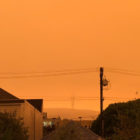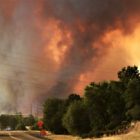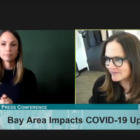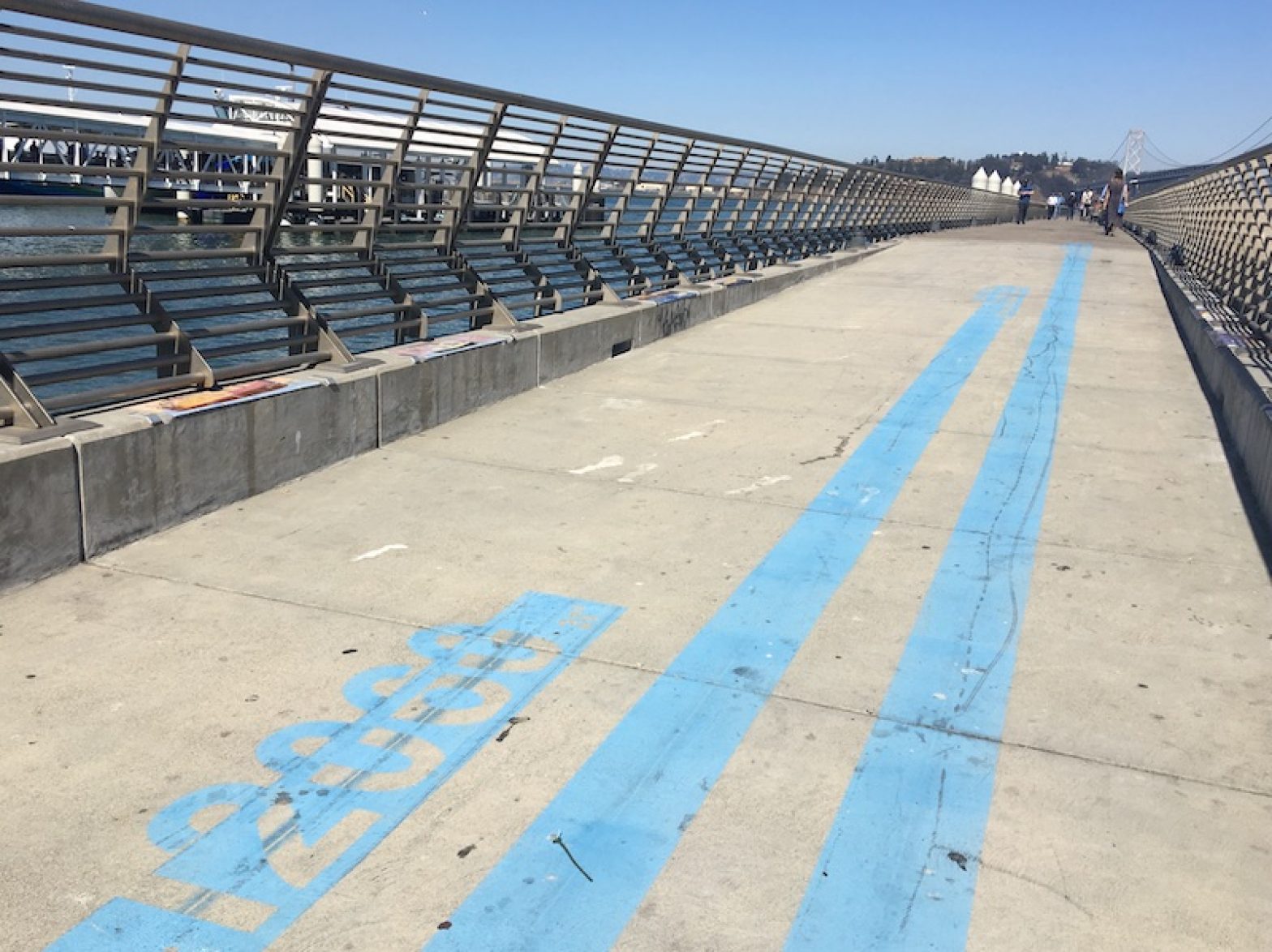Environment
Despite Recycling Success, S.F.’s Zero Waste Goal Remains Elusive
A recent investigation into what happens to San Francisco’s recycling brought largely positive news: 81 percent of what residents deposit into their blue bins is recycled. That rate is among the highest in the nation. But the bigger picture of waste disposal in San Francisco is not so rosy. The city is far from reaching its ultimate goal of zero waste — and officials say it may never get there if manufacturers don’t change their ways.
















